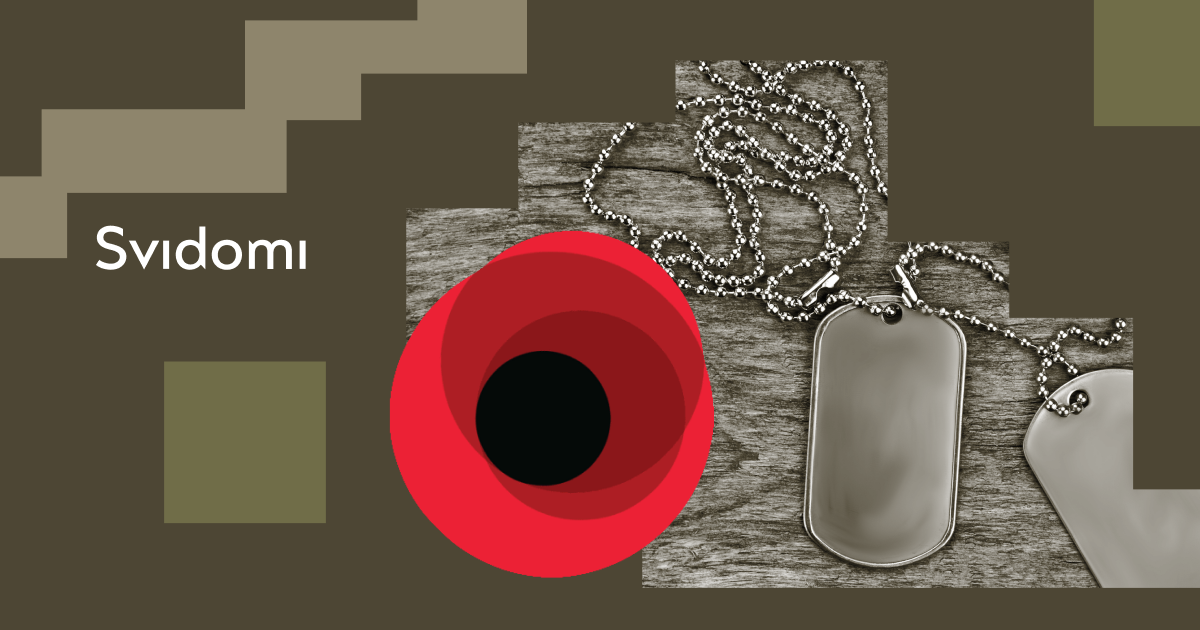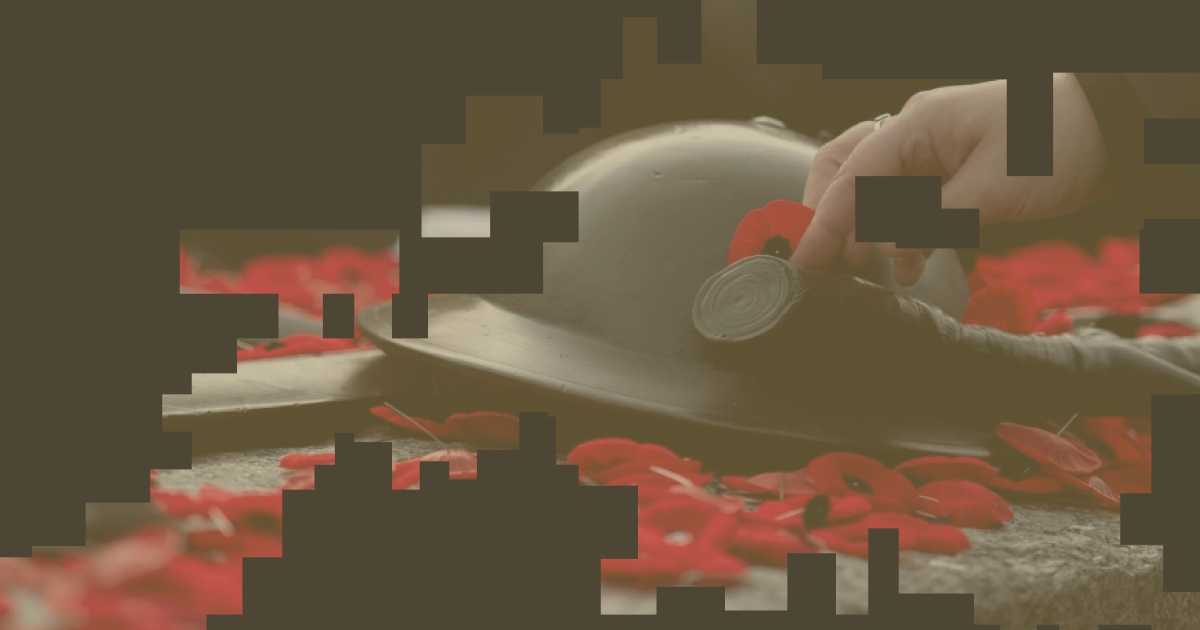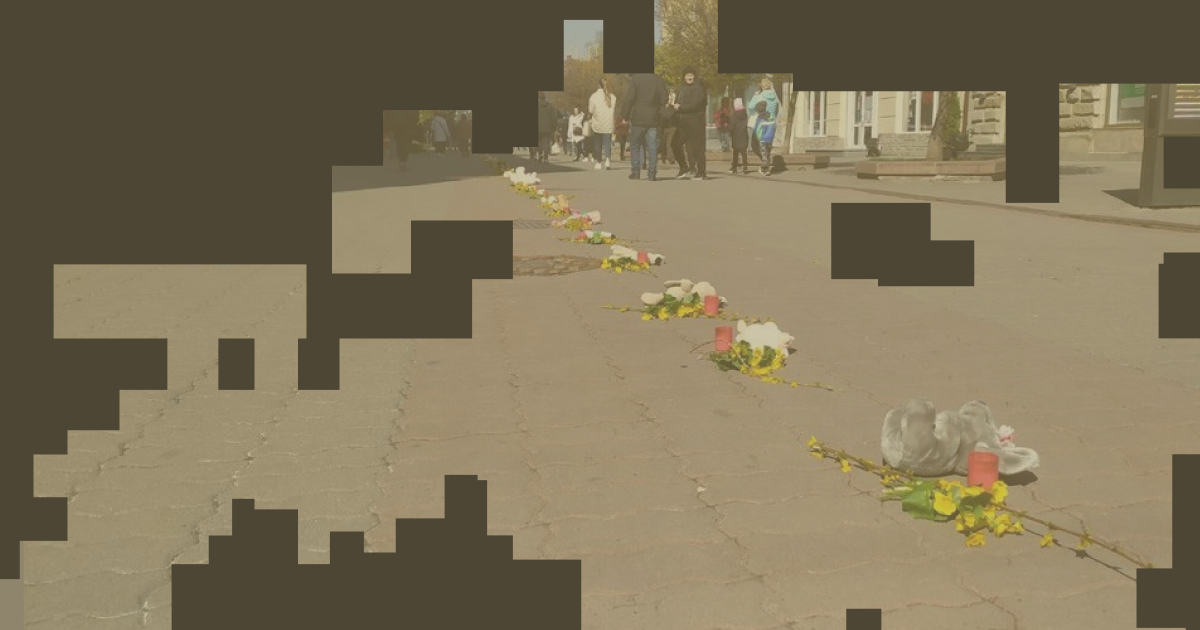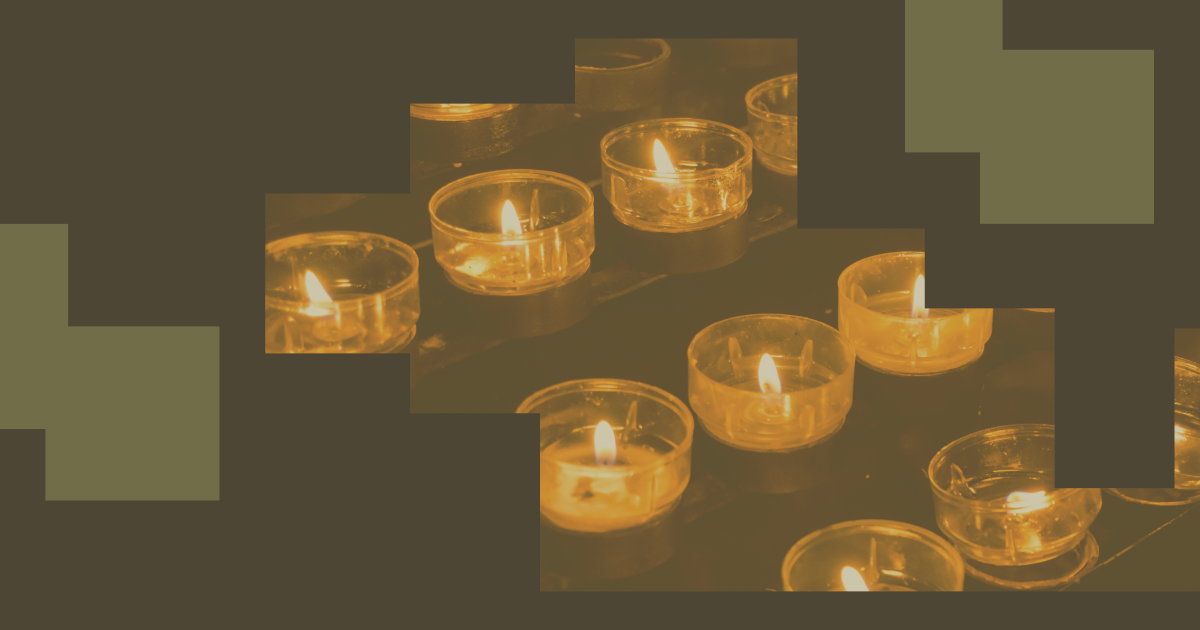How to honour those killed during the war: The experience of Ukraine and the world

542 days of full-scale war. 499 (as of August 11) children and thousands of adults, whose number is almost impossible to count due to constant hostilities or lack of access to the occupied territories, have died. Before 2022, the world experienced hundreds of other wars claiming many lives.
Read the article to find out why it is important to honour those who died during the war and how it is organised in different countries.
The two-minute silence
The concept of a moment of silence is a traditional sign of respect for the fallen.
It is related to the two minutes of silence, which was allegedly invented by the Scot Robert Brydone in 1918 in South Africa. During one of the meetings with the military, where Brydone was present, the phrase "You will forget us as soon as we are gone" was heard.
Brydone promised this would not happen and organised a daily "pause." Symbolic gunshots were fired, and people started praying for the military.
Initially, the pause lasted three minutes, but later it was reduced to two minutes to maintain its impact on people.
Now in Cape Town, there is a plaque called "commemoration of an honourable tradition" that reads: "One minute in 'Remembrance for those who died for their cause,' one minute in 'gratitude' for survivors."
Days of remembrance around the world
After the anniversary of the end of World War I, the countries of the British Commonwealth began to mark November 11 as Remembrance Day to commemorate the fallen soldiers. This day is no less important in Europe than the Day of Remembrance and Reconciliation (May 8).

Countries organise commemorative ceremonies, moments of silence, and flower-laying, with the poppy being the most commonly used symbol of reconciliation.
In the United States, the last Monday in May also marks Memorial Day for American military personnel who have died in wars and armed conflicts in which the United States has participated.
Days of Commemoration in Ukraine
In the Ukrainian SSR, May 9 was celebrated as the Victory Day of the Soviet people in the Great Patriotic War. In 1991, the list of public holidays was amended, and May 9 was designated as Victory Day.

Since 2015, Ukraine has been observing the Day of Remembrance and Reconciliation on May 8, the same day as the European countries. Since 2016, instead of Victory Day, it is the Day of Victory over Nazism in World War II.
Until 2014, one of the symbols of Victory Day was the St George's ribbon. However, after the Russian invasion, it was replaced by a red poppy.
Commemoration during the Russian-Ukrainian war
On August 24, 2019, Volodymyr Zelenskyy signed a decree on August 29 as the Day of Remembrance of Ukrainian Defenders who died in the struggle for Ukraine's independence, sovereignty, and territorial integrity. June 4 was designated as the Day of Remembrance of Children who have died as a result of the Russian-Ukrainian war since 2014.

On March 16, 2022, Zelenskyy issued a decree on a nationwide moment of silence. Every day at 9 a.m., the victims of the full-scale war in Ukraine are honoured.
After February 24, performances in support of the army or honour of the fallen became widespread. In Ivano-Frankivsk, a silent event called "The Silent Cry of the Soul" was held in memory of those killed during the full-scale war. In Uzhhorod, Vinnytsia, Lviv, and other cities, rallies were organised to commemorate the dead children: locals placed toys, books, and drawings on benches.

In particular, Budapest held an action in memory of those killed in Mariupol, placing 300 pairs of worn shoes near the Shoes on the Danube Bank memorial. In Vienna, the memory of more than 200 children who died during the full-scale invasion was commemorated by installing small tombstones with the names of the dead children.
Why and how is it important to commemorate?
Commemorations are important not only to raise awareness of events in Ukraine or other countries at war. It is also a symbol that every death caused by war is not forgotten.

It is important to immortalise the memory of all those who died during the war: through the installation of memorials, monuments, etc. The names of those who died can also be reflected in geographical names, as well as names of the institutions and organisations.
Commemoration is not only about grief and tears, it is also about remembrance, an opportunity to remember and express gratitude.


